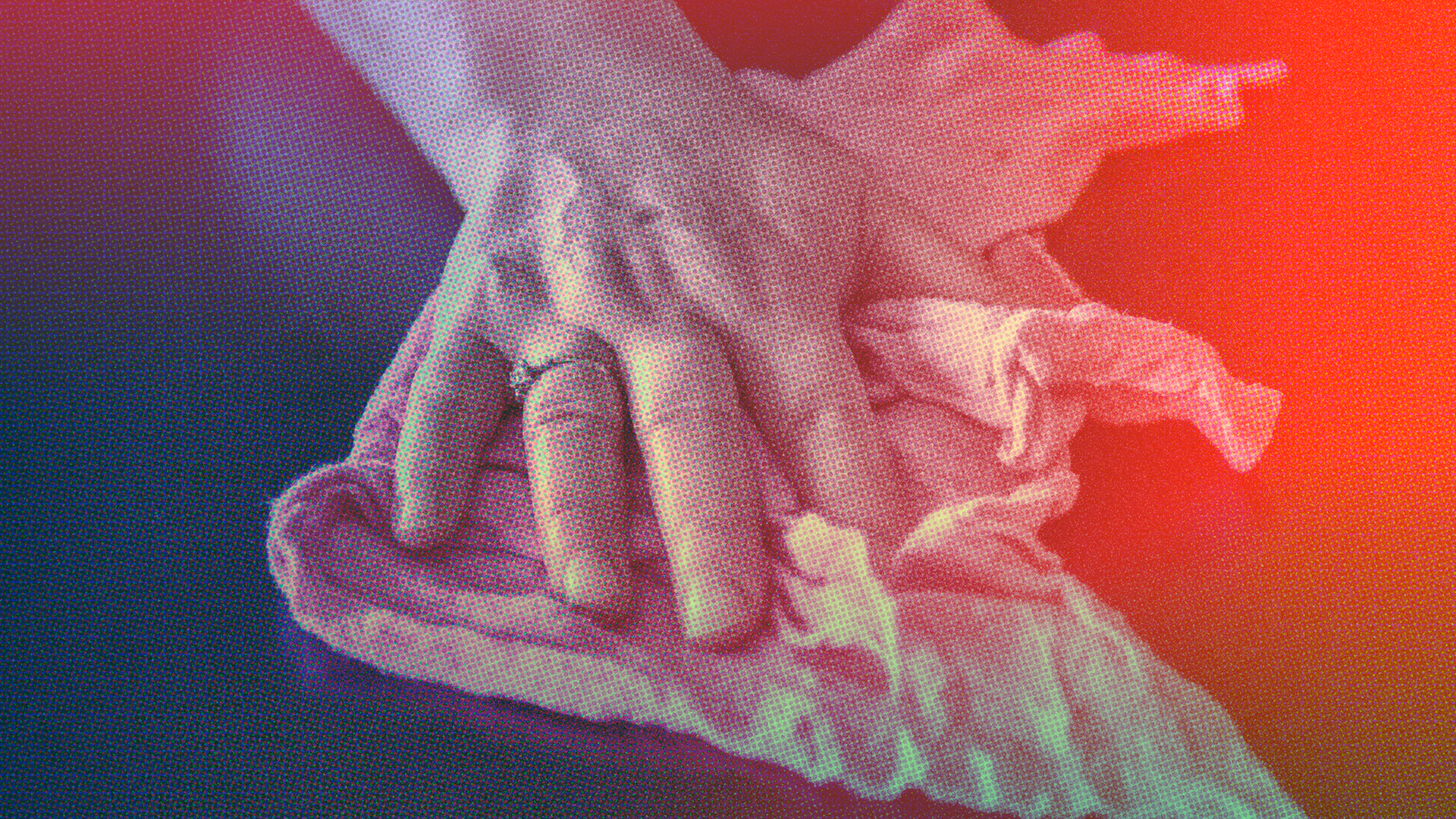
Women bear the burden of unpaid care work in Kosovo
'They call me unemployed, but I am 24 hours at my family’s disposal.'
|22.11.2022
|
Women in Kosovo spend 44% more time performing unpaid care work than men.
"My eyes can’t take it to see my husband cleaning," one woman said, looking almost disgusted.
Gender inequality in the labor market mirrors gender inequality at home.

Marigonë Drevinja
Marigonë Drevinja is co-founder of the Institute for Social Policy “Musine Kokalari”, where she currently works as Program Director.
DISCLAIMERThe views of the writer do not necessarily reflect the views of Kosovo 2.0.
This story was originally written in English.